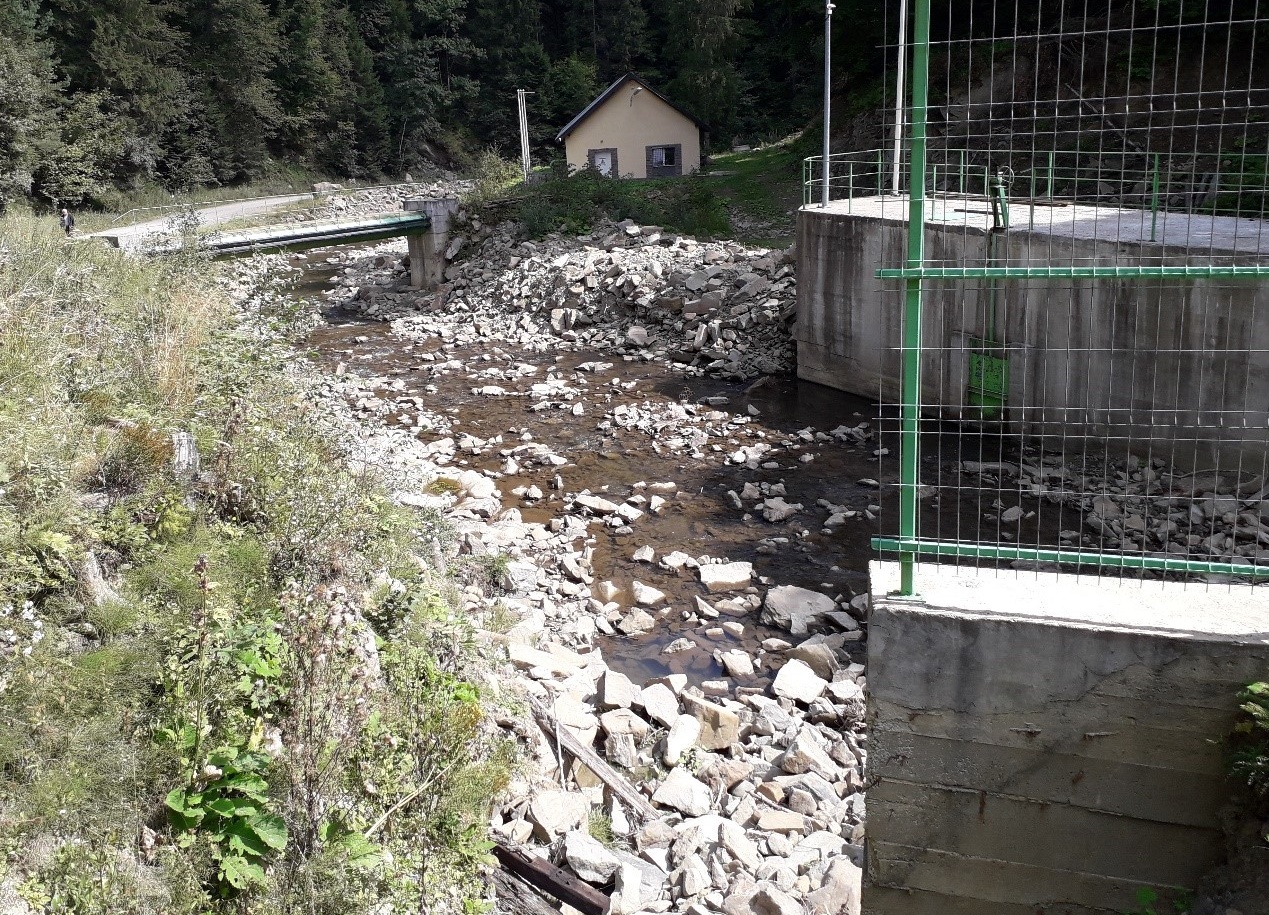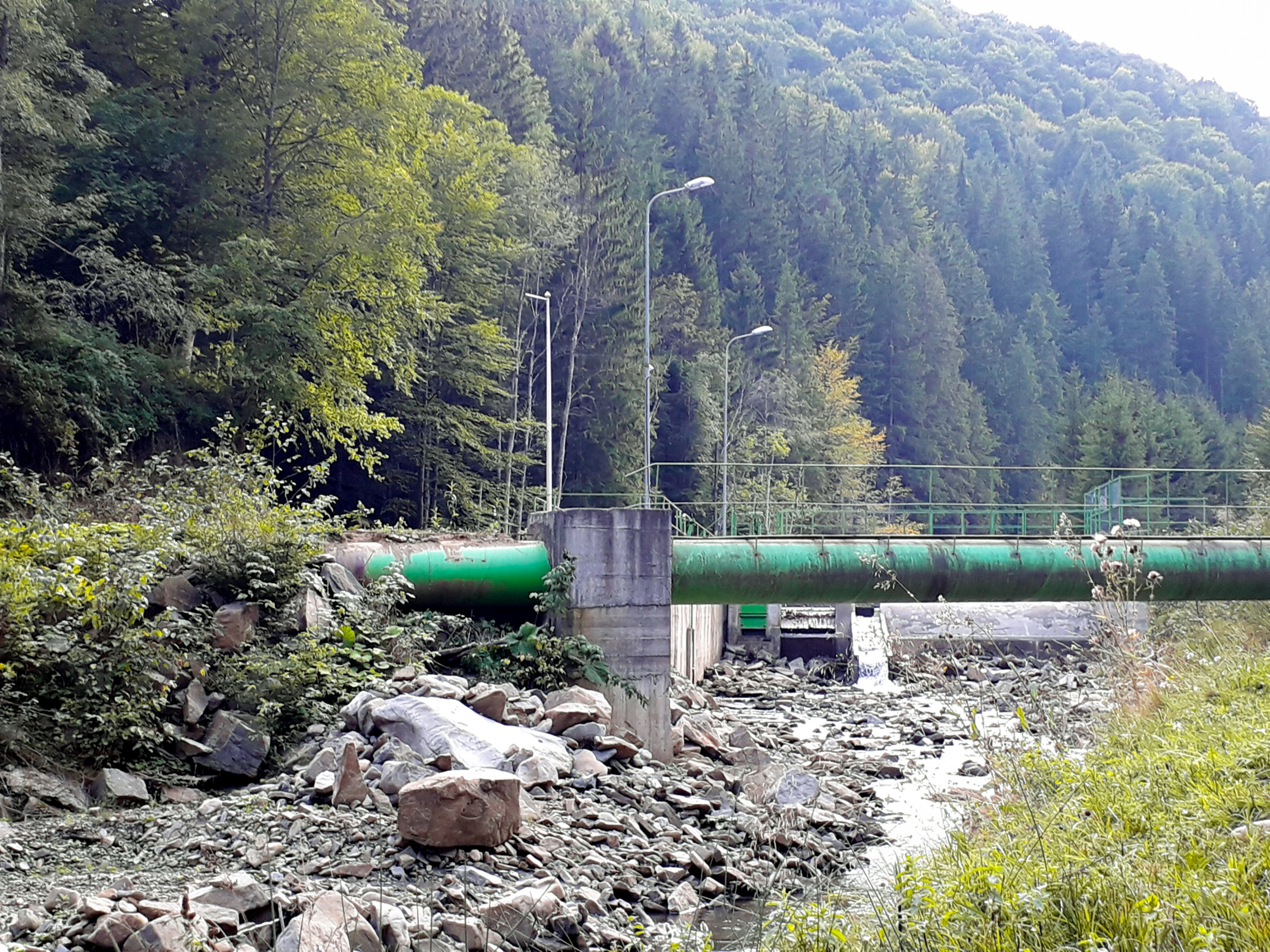Efficient Involvement of Civil Society to Monitor the Use of EU Funds for Climate Action
In this EUKI project, civil society organisations from Central and Eastern European countries assess the efficient use of EU money in their countries from the aspect of climate action and make proposals for its improvement. The situation in Romania described below is also characteristic of several of the CEE countries involved in the project.

In Eastern European countries, particularly in Romania, a prevailing societal view prioritises development (i.e., economic growth) over environmental considerations. Consequently, the utilisation of EU funds is often seen as burdened with “green objectives” perceived as undesirable obligations from the EU, rather than opportunities for sustainable development. The prevailing notion is to prioritise economic prosperity before addressing environmental concerns, which poses significant challenges as new projects, including those funded by the EU, can be environmentally harmful.
This perspective is also reflected in the mindset of many authorities involved in EU fund management. To change this situation, it is essential to enhance the involvement of EU institutions and increase the engagement of civil society.
Unfortunately, the response from EU institutions has been slow. Biologist and environmental activist Călin Dejeu, who has long been fighting against environmentally damaging projects, states that “the European Commission consistently initiates infringement proceedings, but the bureaucratic process is cumbersome. After 8 years, the infringement case on micro-hydropower plants (no. 4036/2015) has yet to reach the contentious stage at the Court of Justice of the European Union.”

An alternative approach to improving the situation involves robust civil society involvement. Civil society can engage through various means, such as sending letters or collecting signatures, as exemplified by the Declic platform. In their call dated 22nd February 2023, Declic urges members of civil society to write letters to decision-makers regarding specific problems, stating:
“Romania’s chances of attracting European money for efficient investment in electricity infrastructure are at risk… (Prime Minister) Ciucă issued an emergency ordinance for the completion of 11 communist hydropower plants, despite recommendations from the European Union. And despite the reality, which shows us that these large hydroelectric plants are as expensive as they are inefficient. For example, the Jiu and Răstolița hydropower plants, which would destroy two national parks, would increase production capacity by far less than 1% of our country’s energy needs. Those who profit from the destruction of rivers have not been able to approve anything legal, so they have approved them by ordinance with dedication. And they also want to pay for it with European funds, even though international agreements protecting rivers forbid it. The European Commission has already warned the Romanian authorities about investing in hydropower. But politicians with vested interests are pushing hard to get the ordinance through parliament. And they would be able to deprive the whole country of European funds if they don’t get their way.”
Another effective form of civil society involvement would be the participation of representatives from NGOs in various committees that play a consultative role in decision-making processes concerning EU fund utilisation. However, in practice, the situation is less than satisfactory. For instance, in the case of the Just Transition Fund, which involves spending 1.95 billion EUR across 6 Romanian counties, the influence of environmental NGOs remains limited. While there is a representative from the environmental NGO community within the committee, they often find themselves alone in advocating for climate neutrality. Other participants, representing different agencies and social NGOs, exhibit less interest in this issue. This raises questions about the purpose of participating in such committees or whether it wastes time. Unfortunately, similar situations arise in many other committees and during public debates.
While these forums hold the potential for efficient civil society involvement, they often become empty formalities due to the weak influence of civil society, resulting in poorly attended public debates. As a long-time member of the River Basin Committees, I can attest that the participation of environmental NGO representatives in these committees is merely symbolic.
How should the environmental NGOs act which are working towards the goals of the EU Green Deal? These NGOs lack funds and human resources, and their public support is also very weak since the overwhelming majority of the population is interested first of all in solving their daily problems and supporting economic growth. Many young people who might be interested in climate action have emigrated to Western countries. Moreover, it is disheartening to witness how many authorities skillfully present projects on paper, appearing aligned with the aims of the Green Deal but ultimately failing to deliver concrete results.
